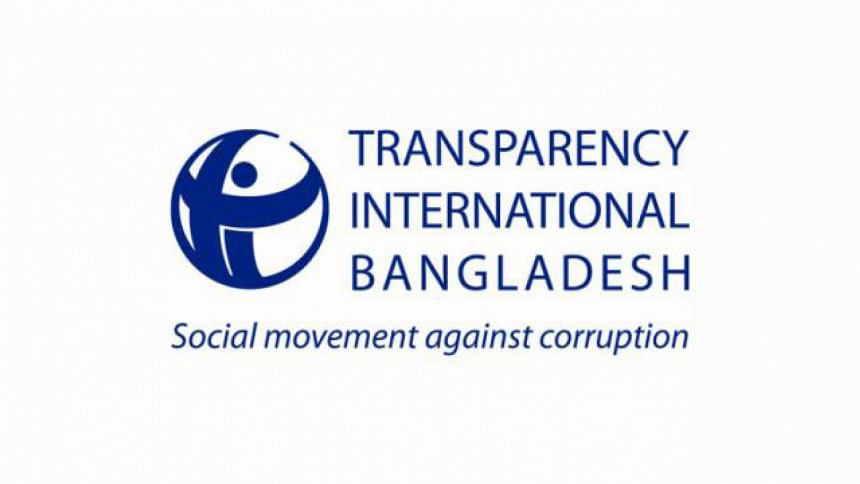TIB slams inertia of government

The Transparency International Bangladesh (TIB) yesterday expressed deep concern over the return of several hundred female migrant workers from the Middle East reportedly after being abused and tortured by their employers.
Slamming the visible inertia of the authorities concerned in the country's migration sector in such a crisis, the international graft watchdog's Bangladesh chapter urged the government to ensure accountability of related institutions to stop irregularities, according to a statement.
The TIB called upon the government to ensure the rights and security of female migrant workers in the Middle East, the statement reads.
It says in the last week of June alone, around 120 tortured female workers returned home from the Middle East. In the previous month, 260 others were forced to come back.
“At one end, the return of hundreds of female migrant workers from the Middle East after being subjected to brutal torture, abuse and fraudulence is a glaring instance of lack of good governance in the migration sector.
“On the other hand, the inertia of the authorities concerned over the issue is frustrating and an insulting proof of lack of empathy towards women's rights,” said TIB Executive Director Dr Iftekharuzzaman.
“It is the government's responsibility to ensure the rights, security and legal assistance of the hapless women who went abroad leaving behind their families and dear ones with a hope of financial security and to contribute to the country's economy.
“It is expected the government will take necessary steps in this regard,” he observed.
However, it is unfortunate that no such efforts from the government's end were seen, he added.
He also urged the government to take steps to rehabilitate and compensate the abused female workers and take effective measures to prevent this from happening again. Mentioning that allegations of torture of female migrant workers in the ME nations including Saudi Arabia are nothing new, Iftekharuzzaman urged the government to take strict measures in this regard.
He recommended halting the process of sending female workers to those countries where they were subjected to abuse and torture until the countries pledge to prevent such occurrences and sending female workers to countries which are relatively safer and more humane.
He put stress on ensuring legal security of female migrant workers in the destination countries through bilateral agreements, if necessary, by bringing amendment to the legal framework to bring the perpetrators to the book, and ensuring the victims' compensation, medical assistance and due salaries.

 For all latest news, follow The Daily Star's Google News channel.
For all latest news, follow The Daily Star's Google News channel. 








Comments